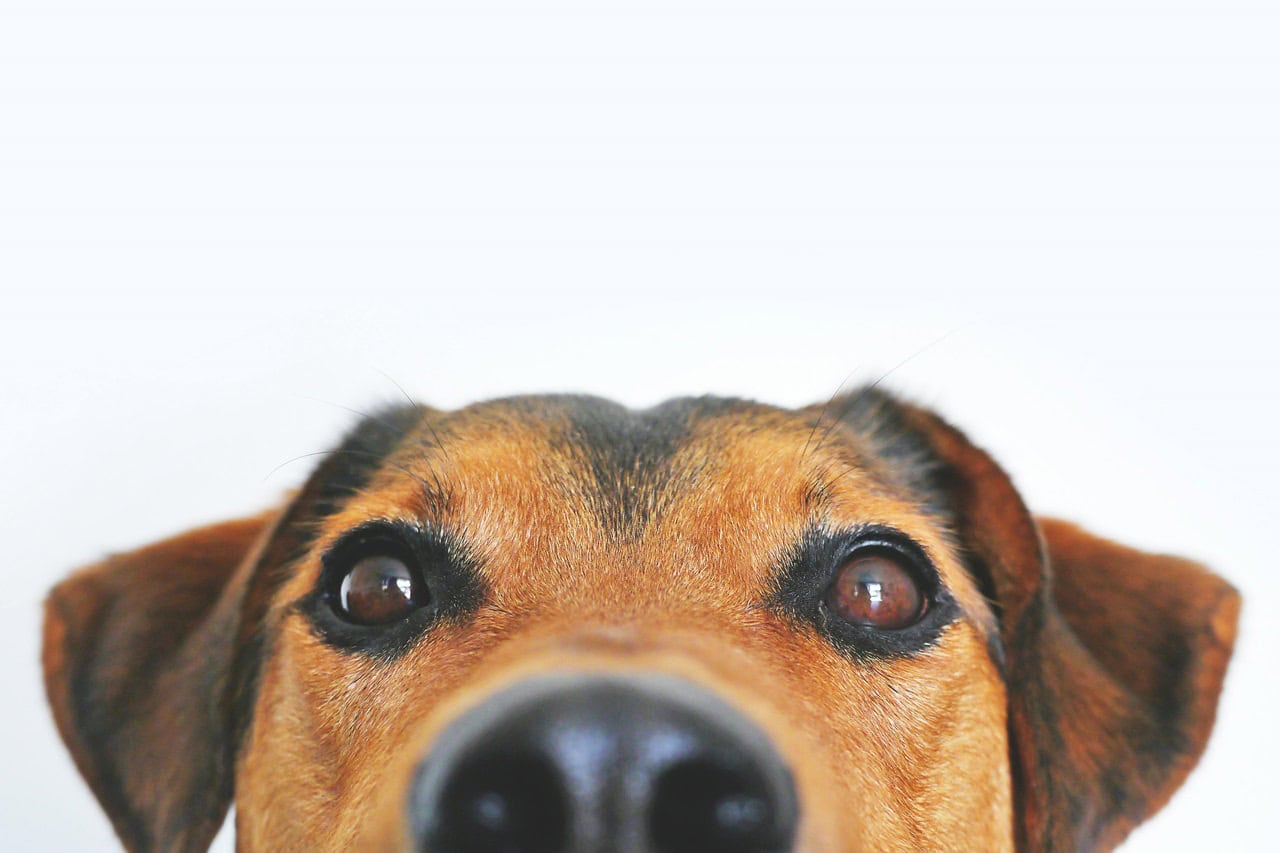Nearly 9,000 fewer pet owners licensed their dogs and cats last year in Mississauga
Published May 3, 2024 at 2:04 pm

As the number of dogs and cats continues to grow in Mississauga, thousands fewer people are licensing their house pets — and it’s adding up to millions of dollars in potential lost revenue for the city.
In an effort to change the trend, City of Mississauga officials told insauga.com they’re planning to do something about it.
“A formal review of our pet licensing program is currently underway and we have plans to do more to pursue compliance with cat and dog licensing across the city,” a city spokesperson said in an email.
The city’s latest numbers show that as of the end of 2023, 28,781 dogs and cats were licensed in Mississauga (17,072 dogs, 11,709 cats).
By comparison, some 37,000 family pets (roughly 23,000 dogs, 14,000 cats) of an estimated 140,000 dogs and cats in the city (80,000 cats, 60,000 dogs) in December 2022 had licences.
While the spokesperson said the city doesn’t have a current estimate of the overall number of dogs/cats in Mississauga, officials believe the count has increased in the past year-and-a-half or so.

Mississauga officials say those who license their dogs and cats have a much better chance of finding them should they go missing. (Photo: City of Mississauga)
City bylaws require dog and cat owners to license their pets. Licensing fees vary from $10 to $50 annually based on animal type, age of pet, spay/neuter status and age of owner (reduced rate for those over age 65), with discounted two-year licences available as well.
With an estimated 111,000 unlicensed dogs and cats in Mississauga (based on latest city licensing figures and December 2022 estimate of dog/cat population), the city is staring at a potential lost revenue total of upwards of $1.5 million to nearly $4 million (variance based on lowest, mid-range and high-end annual licence fees).
It should be noted no municipality will likely approach 100 per cent pet licensing compliance, as the most compliant Canadian municipalities seem to be fortunate to hit the 50 per cent mark in a given year.
A goal of 50 per cent compliance in Mississauga could still add nearly $1 million to city coffers.
Financial impact aside, city officials say there are benefits to licensing pets.
“Licensed pets wear tags on their collars; these tags serve as your pet’s ID and are enormously helpful if your pet ever gets lost,” a city spokesperson said earlier.
Pet licence fees also help Mississauga’s Animal Services teams care for local animals in the following ways:
- care for and feed homeless pets
- return lost pets to their homes
- provide veterinary services to animals in the city’s care
- rescue sick, injured domestic animals and wildlife
- provide 24/7 emergency animal rescue services
- investigate animal care issues
- keep neighbourhoods safe for people and pets
- conduct community education programs
Pending a more aggressive plan to increase pet licence compliance, Mississauga officials note they take a number of steps to get the message out to dog and cat owners.
“Animal Services conducts door-to-door outreach where possible to educate residents about licensing and other topics,” the city spokesperson told insauga.com, adding regular messaging on social media is also part of the strategy.
One such message posted to X (formerly Twitter) in April reminded those who have dogs and cats that “as a pet owner in Mississauga, you are responsible for buying and renewing your pet licence every year. A pet licence also helps Mississauga Animal Services return your pet if it goes missing.”
insauga's Editorial Standards and Policies advertising






